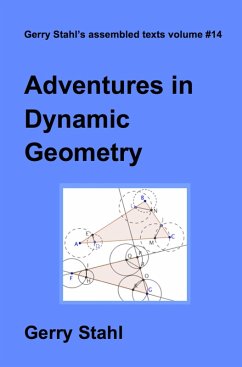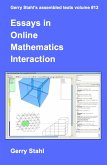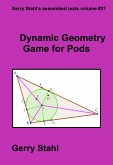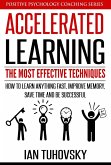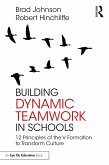This volume reproduces the successive versions of the VMT curriculum in dynamic geometry. In consecutive years, the curriculum focused more tightly on introducing teacher teams and student teams to the concept of invariant dependencies, which is central to the theory and implementation of dynamic geometry. The collection of versions shows how the curriculum evolved in response to observations of how teachers and students were responding to it.
The topics for VMT with GeoGebra are available for free download in several versions. They all include GeoGebra tasks to work on collaboratively and tutorials on the use of VMT and GeoGebra software. The best version is the active GeoGebraBook version . Here, you can try out all the activities yourself. (Future version of VMT-mobile or of GeoGebra may allow you to do those same activities collaboratively with chat in persistent rooms.) Several versions of the curriculum are included here in reverse chronological order.
Dieser Download kann aus rechtlichen Gründen nur mit Rechnungsadresse in A, B, CY, CZ, D, DK, EW, E, FIN, F, GR, H, IRL, I, LT, L, LR, M, NL, PL, P, R, S, SLO, SK ausgeliefert werden.

